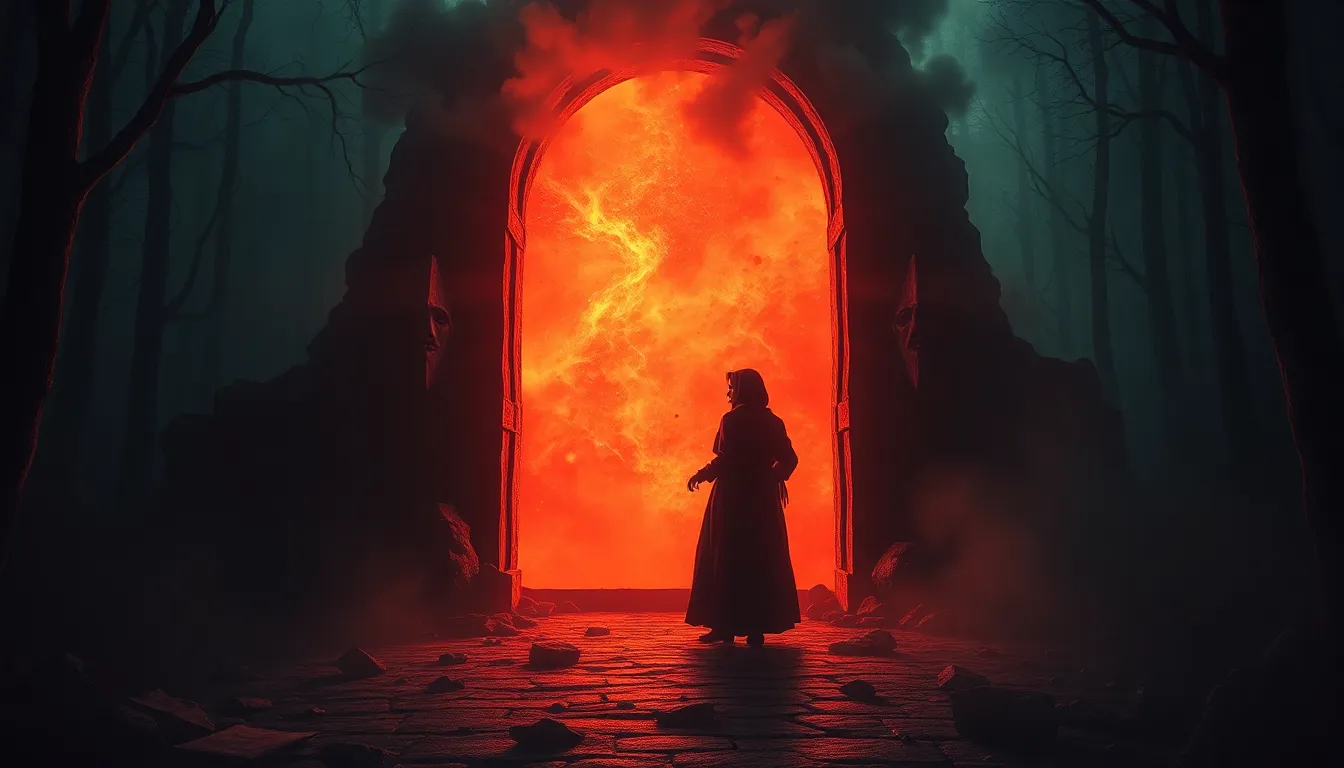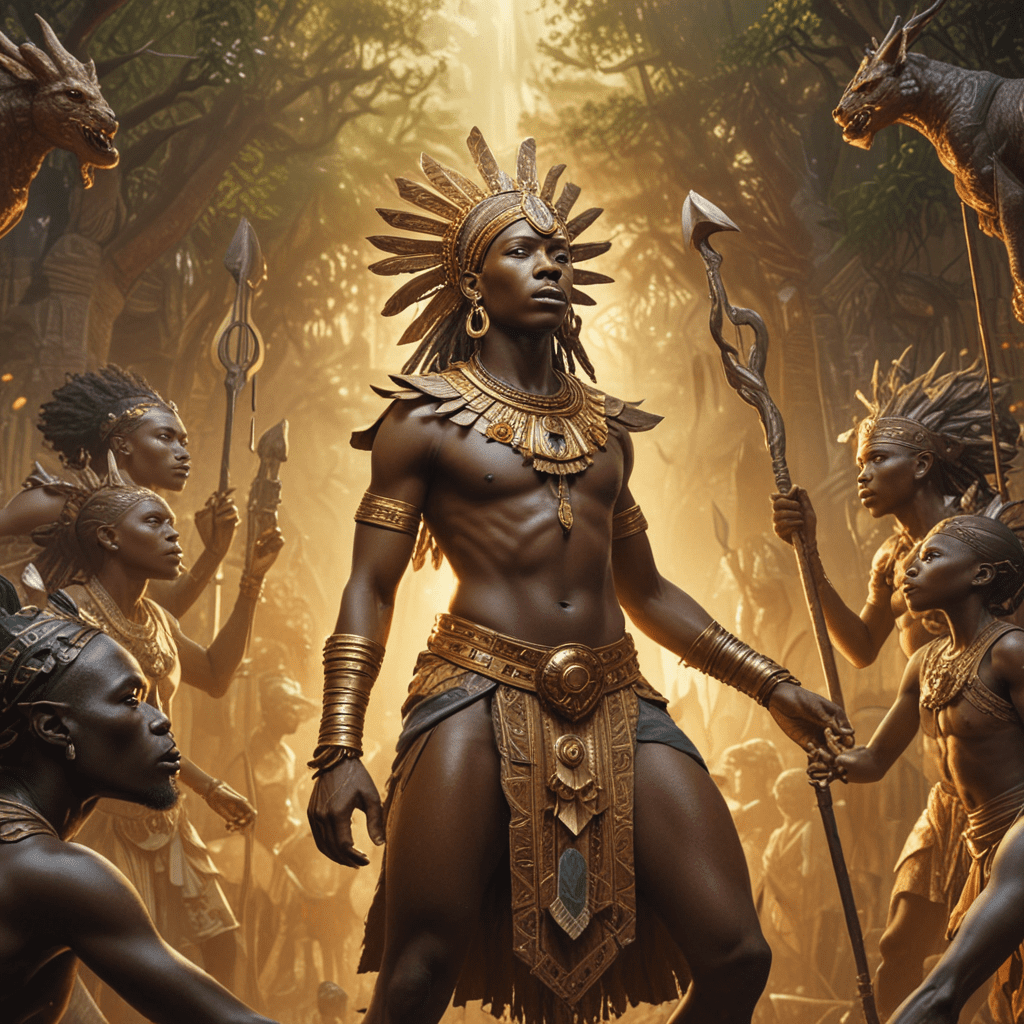“`html
Monsters and Creatures in Greek Mythology
Greek mythology is filled with a rich tapestry of fascinating creatures and monsters that have captured the imagination of people for centuries. These mythological beings often played significant roles in the epic tales of heroes, gods, and mortals. Let’s dive into some of the most notable monsters and creatures in Greek mythology.
The Minotaur
One of the most famous monsters in Greek mythology is the Minotaur, a half-man, half-bull creature residing in the Labyrinth constructed by Daedalus. The Minotaur was eventually slain by the hero Theseus, marking a pivotal moment in ancient Greek stories of bravery and cunning.
The Hydra
The Hydra is a serpent-like creature with multiple heads, the most famous being the Lernaean Hydra, a monstrous water serpent with regenerative abilities. Heracles (Hercules) faced this formidable foe as one of his twelve labors, showcasing his strength and valor in overcoming impossible odds.
The Sphinx
The Sphinx is a mythological creature with the body of a lion and the head of a human, often depicted as female. She was known for her enigmatic riddles, posing a challenge to travelers to solve them. Oedipus famously answered her riddle, leading to the downfall of the Sphinx in Greek lore.
The Chimera
The Chimera is a monstrous creature with the body of a lion, the head of a goat protruding from its back, and a tail that ended in a serpent’s head. Bellerophon, aided by the winged horse Pegasus, defeated the Chimera in a legendary battle, showcasing the triumph of courage and ingenuity over fear.
“`
Monsters and Creatures in Greek Mythology FAQ
What are some famous monsters in Greek mythology?
Some famous monsters in Greek mythology include the Minotaur, a creature with the body of a man and the head of a bull; the Hydra, a serpent-like monster with multiple heads; and the Sphinx, a creature with the body of a lion and the head of a human.
Are there any benevolent creatures in Greek mythology?
Yes, Greek mythology features benevolent creatures such as the Pegasus, a winged horse; the Nymphs, nature spirits associated with various natural elements; and the Centaurs, creatures with the upper body of a human and the lower body of a horse, known for their wisdom and prowess in battle.
What is the significance of monsters and creatures in Greek mythology?
Monsters and creatures in Greek mythology often symbolize primal fears, challenges, or aspects of human nature. They serve as obstacles for heroes to overcome, representing inner struggles, external threats, or moral dilemmas that must be confronted and conquered on the hero’s journey.



